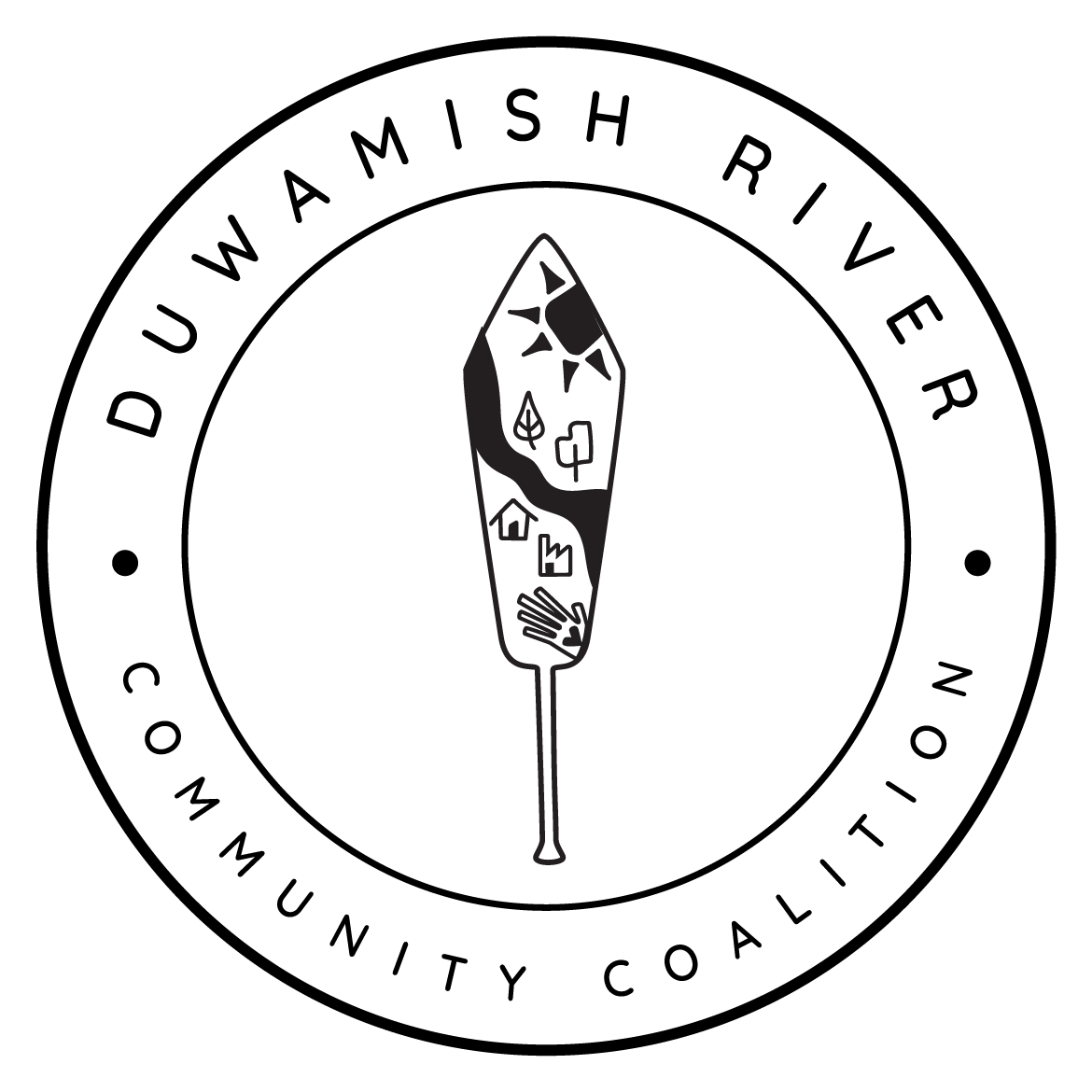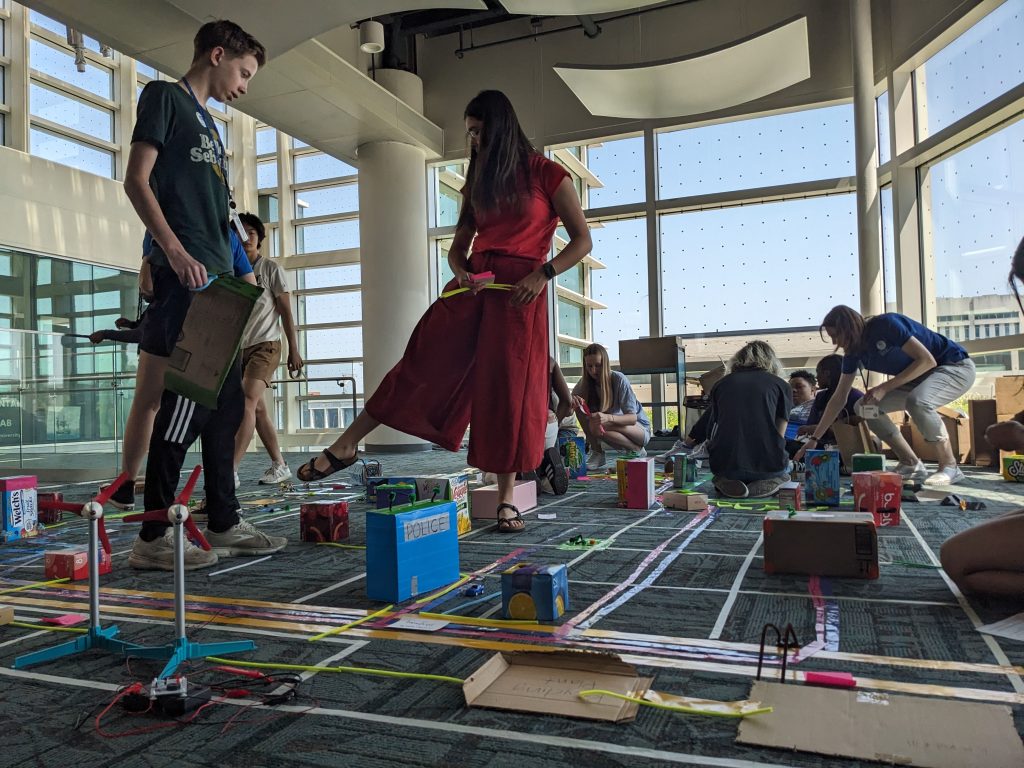
Youth Engaging in the Science of Resilience: Sensing the Environment and Envisioning Solutions (YES Resilience: SEE Solutions) is a project supporting informal educators and diverse youth in developing locally relevant solutions to climate impacts in their communities, fostering youth environmental health literacy (EHL) for climate resilience. EHL refers to the knowledge, skills, and beliefs that enable people to make health-protective decisions using available environmental data.
Youth Programs
Apply now to be a 2024 Teen Climate Ambassador!
Teen Climate Ambassadors, hosted by the North Carolina Museum of Natural Sciences, engages 9th-12th graders in hands-on activities using cutting-edge science and technology to explore climate impacts and solutions in their communities.
When: June 17-21, 2024, 9am-4:30pm daily.
Where: NC Museum of Natural Sciences, Raleigh, NC
Includes field trips to offsite locations. All field trip transportation will be provided.
What: FREE, week-long summer STEM enrichment program
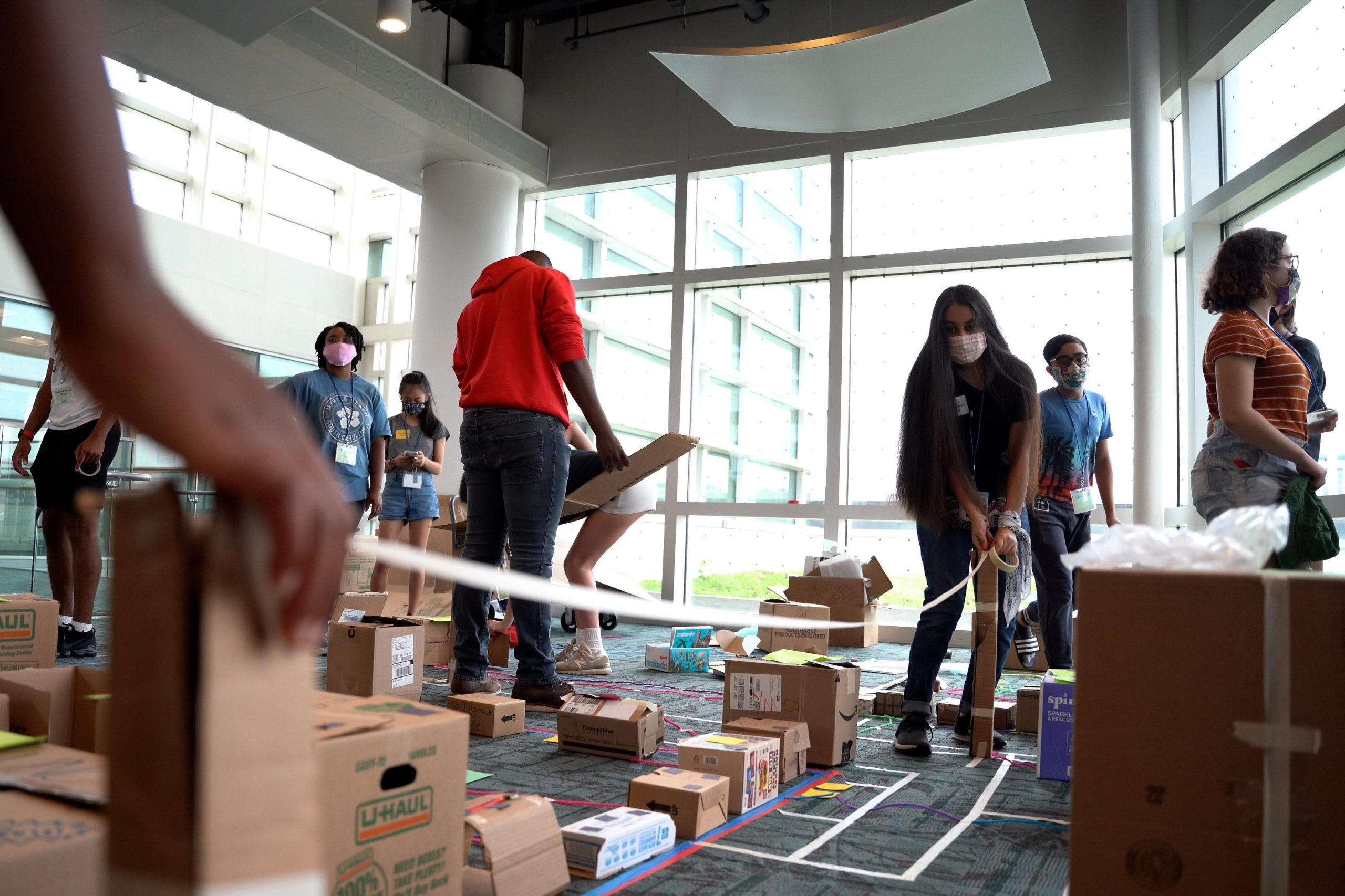
During the summer institute, youth explore the local impacts of climate change in their community and investigate strategies for increasing community resilience. Participants learn skills to make a difference and work to build stronger communities alongside professionals in environmental, health and climate fields. All participants are encouraged to lead a resilience-building action project in their community during the 2024-25 school year.
Participants will receive a modest stipend after completing the program. They also will be eligible for an additional stipend for completing a community action project during the 2024-2025 school year.
Download Program Flyer
Descargar el volante del programa
Who is eligible to apply?
Online applications are open to rising 9th-12th graders. We encourage applications from youth who are low-income and/or will be first-generation students when they enter college.
Apply Now!Applications are due by 11:59pm on Friday, April 12, 2024. A complete application includes a student application and an adult mentor nomination form. Youth may wish to save answers to application questions in a separate document, then copy and paste into the form in case of technical difficulties.
Questions?
For more information, contact Taylor Prichard, tmpricha@unc.edu or 919-962-8510.
Juntos NC
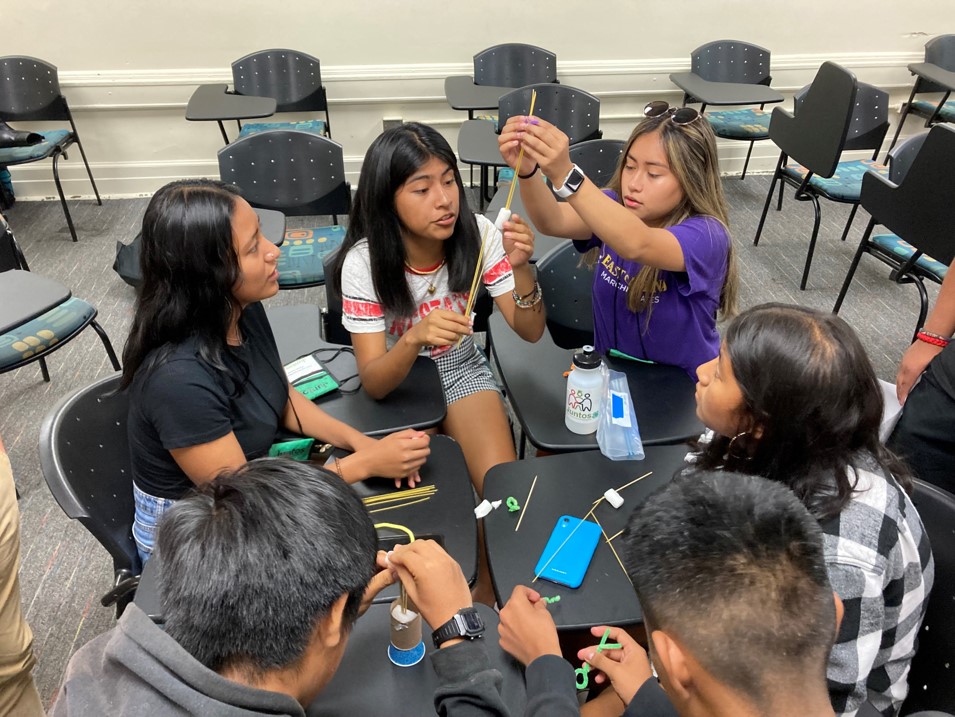
The Juntos Program began in North Carolina in 2007 and works to unite community partners with Latinx families to provide Latinx students, grades 8-12th, and their parents with knowledge, skills, and resources to ensure high school graduation and broaden post-secondary career and academic opportunities.
Through the YES Resilience: SEE Solutions project, up to 32 Juntos students from all participating counties will engage in summer and school-year programming that will enable youth to explore various aspects of climate resilience in their communities. They will participate in seasonal cohorts year-round that will be determined during the summer programming, Juntos Summer Academy. Students who participate will present during Academy and bring their knowledge to the county level by leading activities 2-3 times a semester in their Juntos 4-H Club and developing action projects.
Duwamish Valley Youth Corps
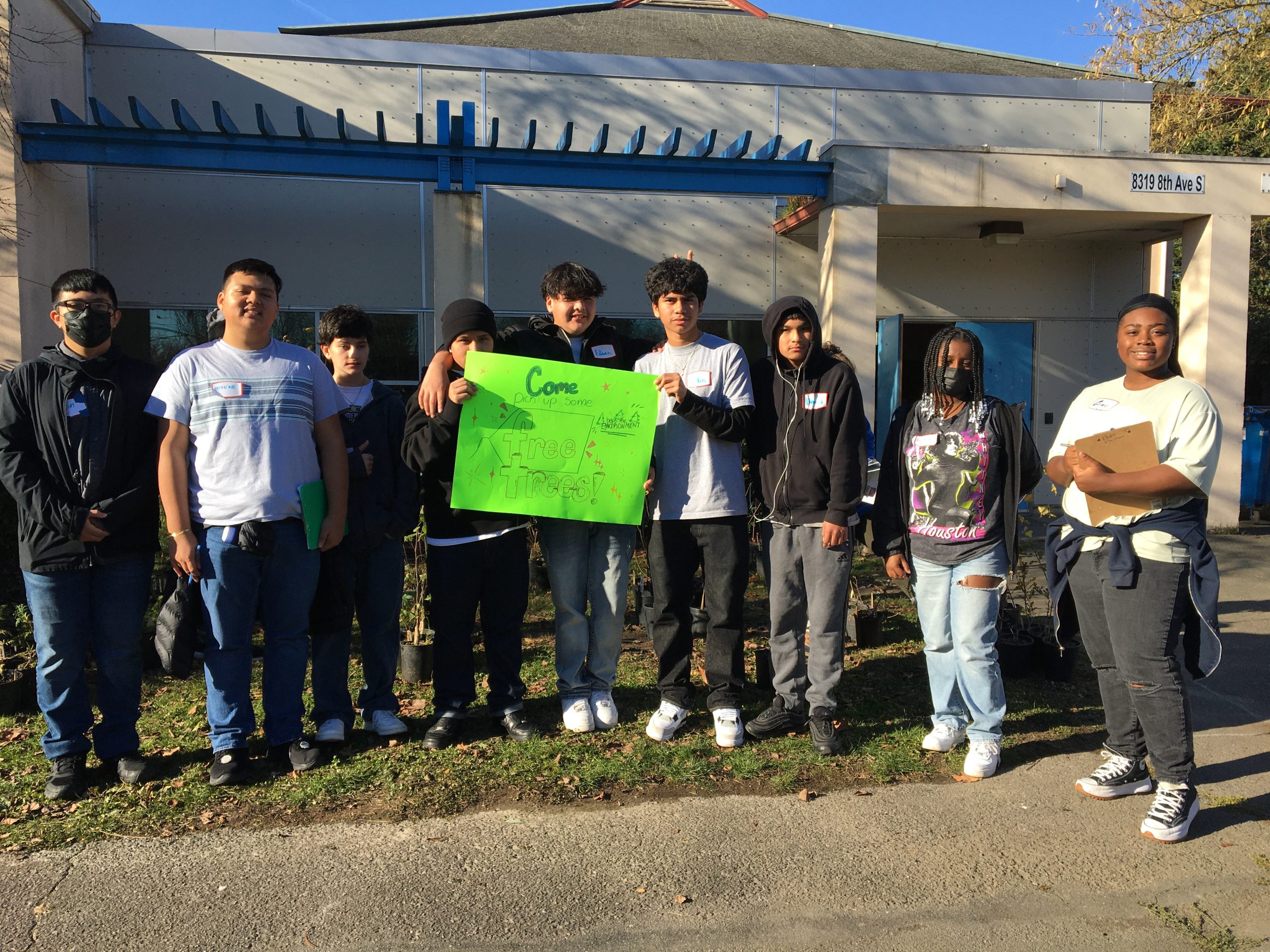
Duwamish Valley Youth Corps (DVYC) is a seasonal engagement program for high school-aged youth, located in the Duwamish Valley of Seattle, Washington, that focuses on environmental justice and job skills. Through a variety of community partnerships, the youth have the opportunity to participate in outdoor work, such as tree planting, neighborhood cleanups, rain garden construction, air quality projects, and more.
Through the YES Resilience: SEE Solutions project, up to 25 DYVC members will participate in seasonal cohorts and follow-on programming that enable youth to explore various aspects of climate resilience in their communities and develop youth-led action projects to showcase at community events. They also will engage with new curriculum materials, developed in partnership with the University of Washington EDGE Center, with a focus on wildfire and air quality.
YES Resilience Pilot Project
From 2019-2022, the YES Resilience pilot project explored the extent to which cohorts of diverse youth participating in science center programming developed EHL for climate resilience.
Activity Guide
The pilot project also served to create the YES Resilience Activity Guide, which consists of 21 youth-informed educational activities that facilitate personalized and place-based investigation of:
- Climate hazards including extreme heat, extreme precipitation, and sea level rise,
- The role of justice in fostering climate resilience and
- Solutions that build community resilience.
Recommended Reading
Related Links
Program Contact
Taylor Prichard,
Environmental Education Specialist, Center for Public Engagement with Science
(919) 966-0895tmpricha@unc.edu
People
Made Possible by:
Funding Source
This program is made possible by a grant from the National Science Foundation’s Advancing Informal STEM Learning (AISL) program (Award #DRL-2215420).
(Principal Investigator: Kathleen Gray; Co-Principal Investigator: Sarah Yelton)
Collaborators
YES Resilience: SEE Solutions is conducted in partnership with two university research centers – the UNC Institute for the Environment (UNC-IE) and the University of Washington Interdisciplinary Center for Exposures, Disease, Genomics, and Environment (the EDGE Center) – and three community partners – the NC Museum of Natural Science, the Juntos NC Program, and the Duwamish River Community Coalition (DRCC) in Washington State.
Latest CPES News
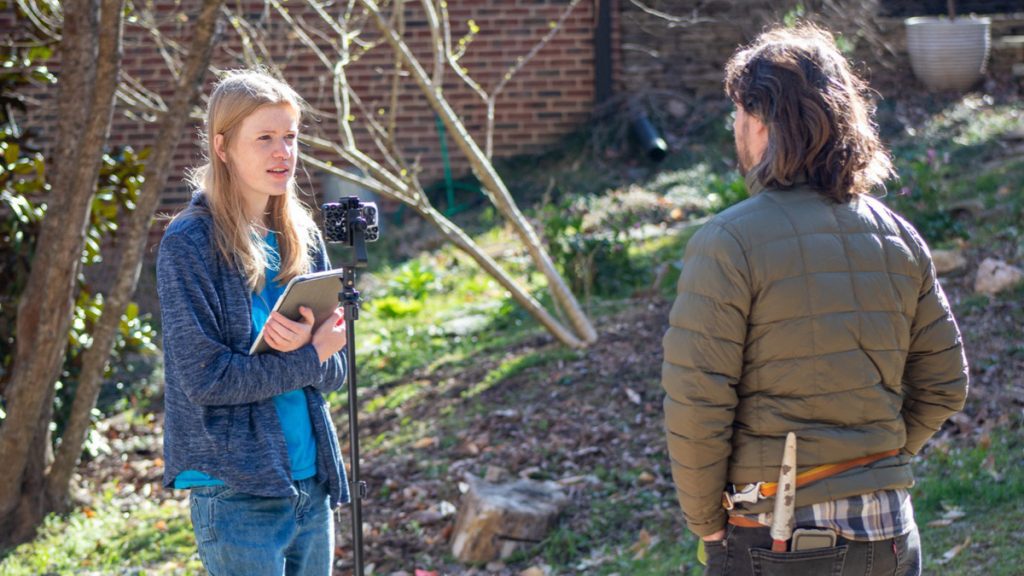
EcoStudio matches Tar Heels with internships (UNC.edu | Apr. 11, 2024)
Since 2018, the program has helped 466 students explore careers in environment and sustainability.
Read More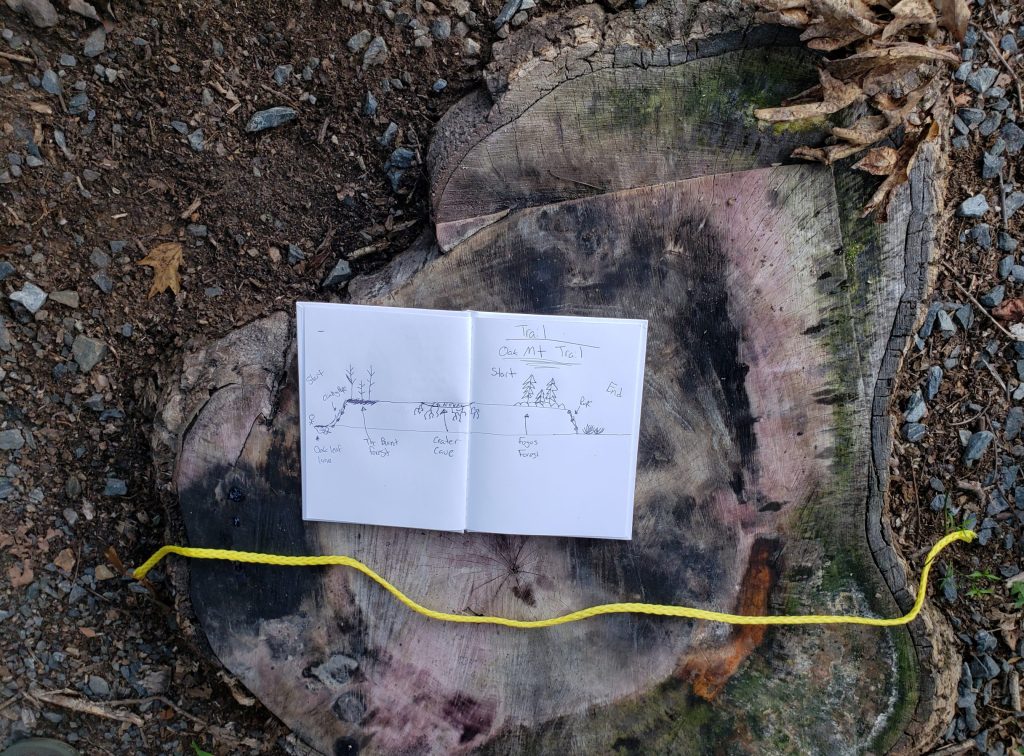
IE program brings N.C. students and teachers into state parks for meaningful outdoor science learning
N.C. teachers and park rangers create outdoor learning experiences for students.
Read More






